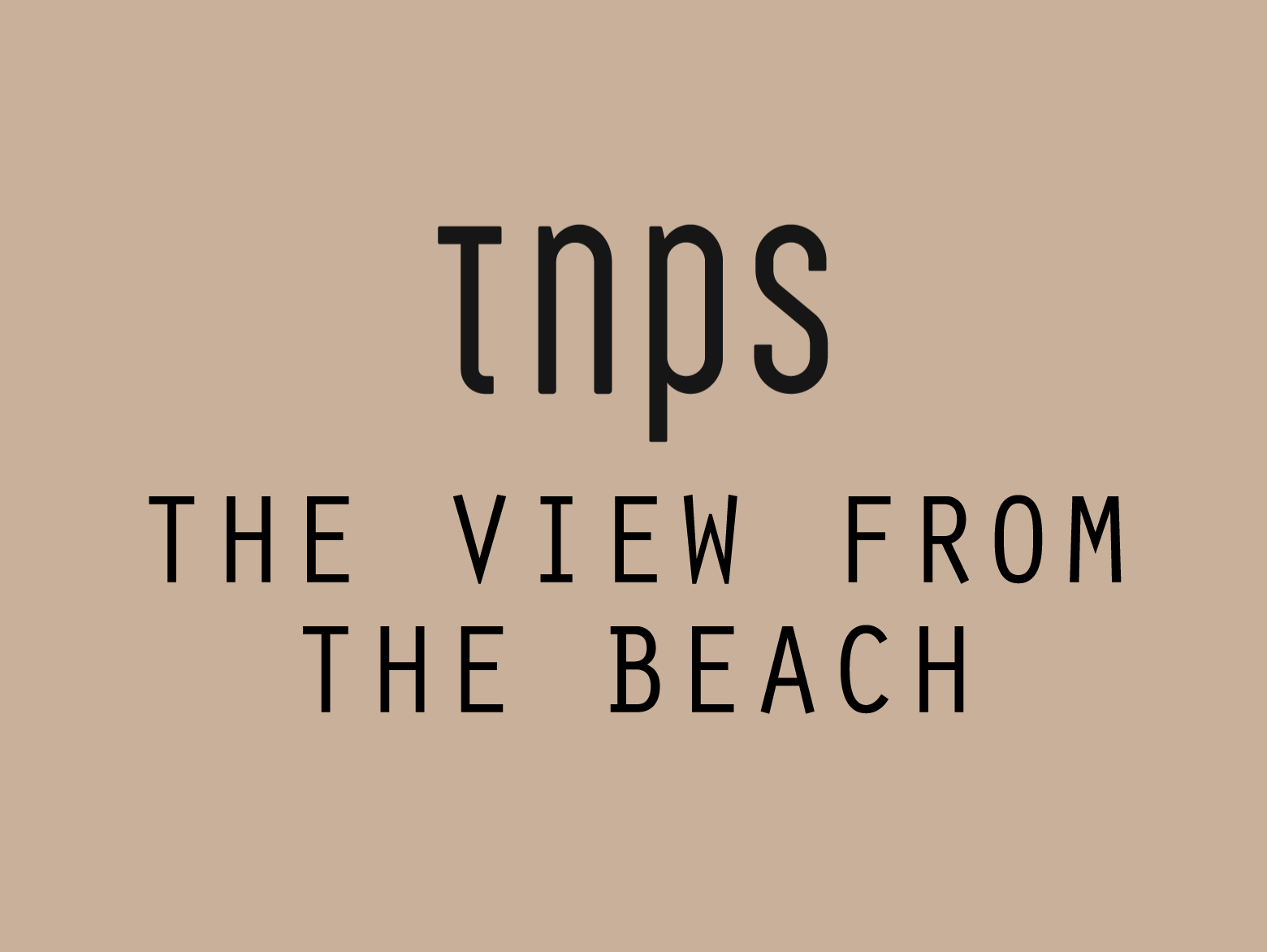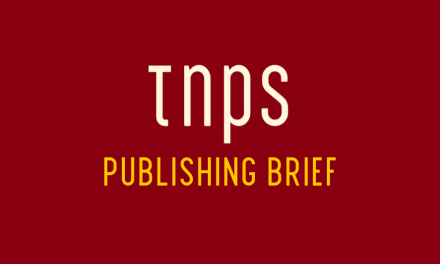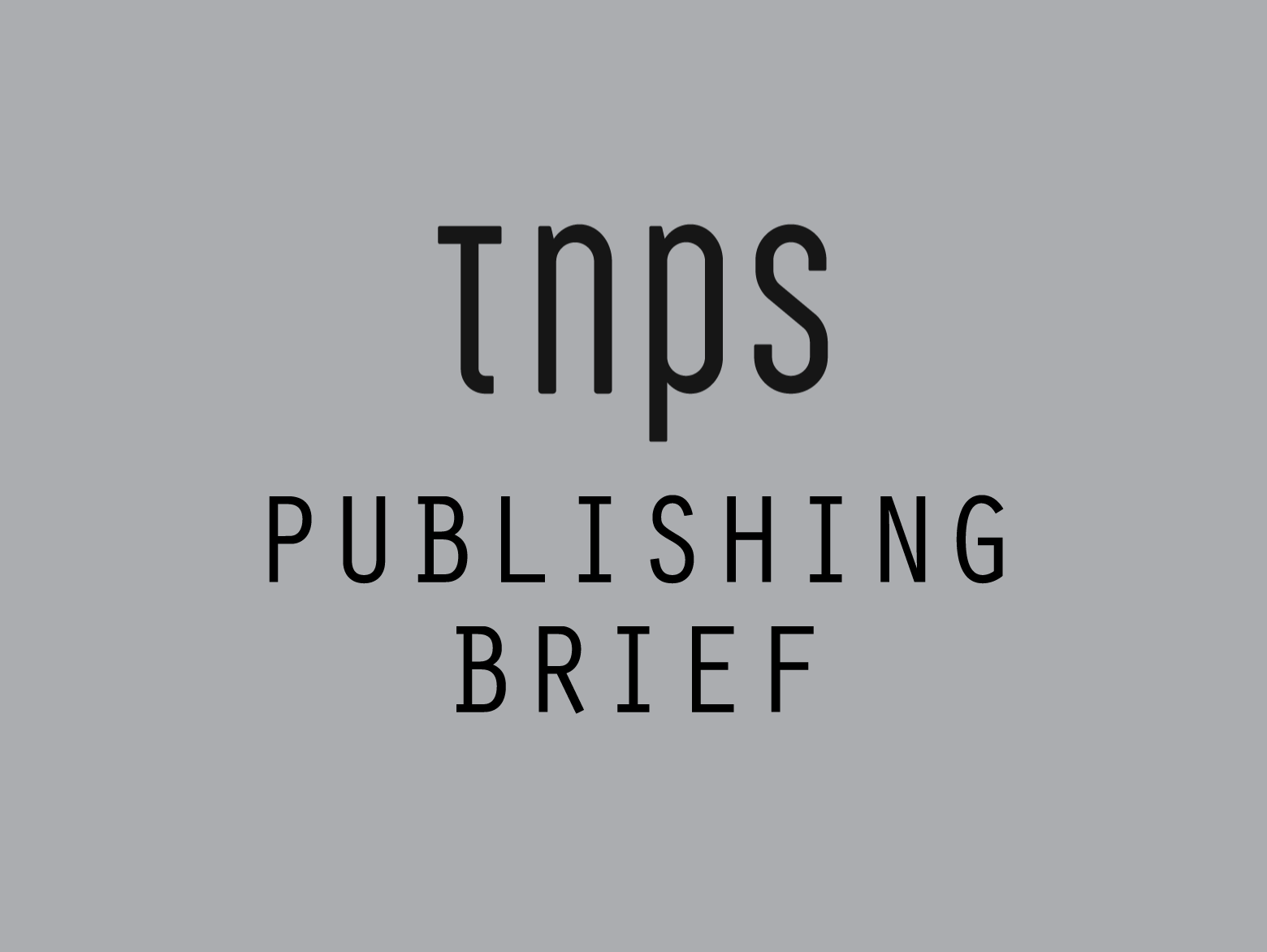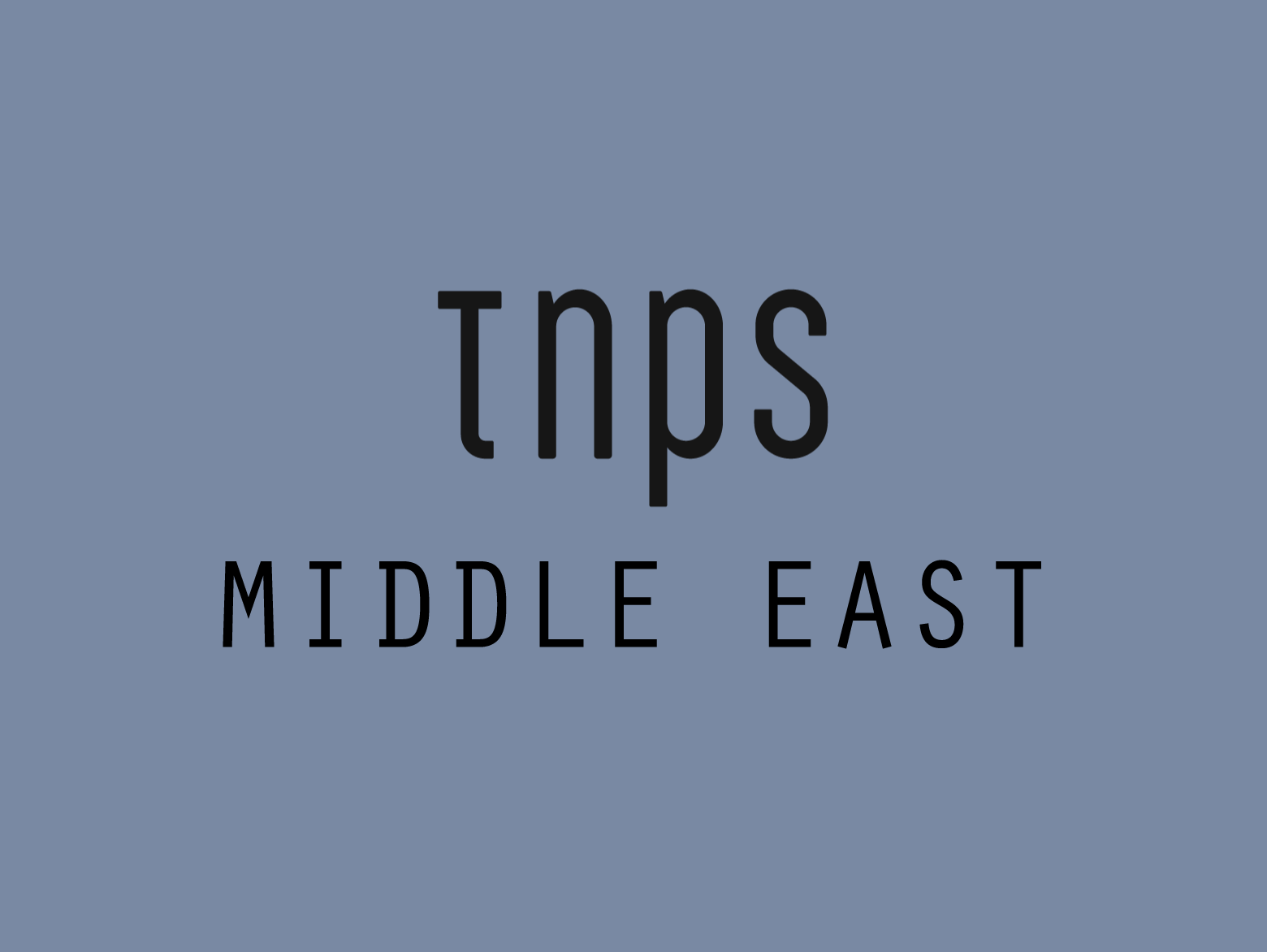The Hot Sheet is a publishing industry news-sheet for authors, produced every two weeks by Porter Anderson and Jane Friedman, and reviewed here every other Sunday as one of the best bi-weekly industry overviews available to authors.
We’re not interested in delivering breaking news, but perspective on stories that are likely to retain meaning for your long-term decision making. We provide distance and nuance on complex issues that affect all authors, whether traditionally published or self-published.

The first Hot Sheet of December brought us something unexpected – an exclusive preview of Joanna Penn’s The Healthy Writer, currently on pre-order.
Usually I use my bi-weekly Hot Sheet review session to to expand further on topics raised by Jane Friedman and Porter Anderson – like the Hot Sheet, The New Publishing Standard is news-driven but not a news journal – but in the instance of Joanna Penn’s new book I’ll limit myself to mentioning why it might be worth checking out.
When it comes to healthy writing I’m way outside my comfort zone. But Penn, as the Hot Sheet explains, co-wrote the book
with Euan Lawson, a UK general practitioner (and) the book covers a wide range of problems, from mental and emotional struggles to physical conditions
The Hot Sheet‘s bottom line:
Health-damaging effects of the writing life—some of them obvious, some more subtle—aren’t to be taken lightly, and books like Penn’s can be helpful. Regular, serious exercise can be almost magically useful in this regard. The bitter pill we must leave you to swallow is that your personal health as a writer demands discipline, just like the writing work itself. The good news is that we can promise from our own experience that it’s worth the effort.
But the first December Hot Sheet lead with Goodreads, or more accurately the Goodreads giveaways scheme currently upsetting as many authors as it pleasing.
The Hot Sheet reminds us that Amazon-owned Goodreads is the largest US social network dedicated to book reading, with more than 65 million members.
Amazon acquired Goodreads in 2013 for an undisclosed sum, inviting speculation that at times got silly enough to be an April Fool’s prank.
Bloomberg’s Business Week came up with the beyond laughable conclusion that Amazon paid $1 billion for Goodreads. This actually on April 1, but apparently a serious guestimate nonetheless.
More sensible observers came up with a likely bill of $150 million, but likely we’ll never know for sure.
As Anderson and Friedman note, Goodreads
has been both a blessing and a curse for authors. While it allows authors to identify, interact with, and directly reach millions of readers, it also has a reputation for harsh reader ratings and reviews. That reputation has led, in turn, to the advice to never engage with or respond to Goodreads reviewers—and to maybe not even read the reviews at all. But the site remains an attractive marketing and promotion platform because of its ability to get books in front of avid book readers.
And therein, of course, lies the reason Amazon bought it. Not just for the invaluable data, but for the ability to slowly glide the massive Goodreaders’ retailer-agnostic reader base towards the Everything Store.
Time was, Goodreads allowed authors and publishers to create free giveaways of print books to help boost reviews. The past eighteen months Goodreads allowed US-based publishers to pay $119 to give way ebooks (up to 100).
Now it is charging for the print book giveaways too. The same price – $119 to give away up to 100 print titles – and for those with the cash to splash, a $599 fee will get you a placement on the Goodreads giveaways landing page.
Quite possibly worth it in terms of cold exposure per dollar, but nonetheless this is causing consternation in the indie ranks.
Letting the Hot Sheet take up the narrative,
Authors expressed anger about the giveaway cost in many online message boards and comment threads. The change seems to be adding insult to injury in the eyes of those authors who believe that print books given away through Goodreads rarely garner reviews and are sometimes sold by the recipient, turning up on Amazon, eBay, or elsewhere. Authors have also been suffering sticker shock at the new premium giveaway option for $599, which includes featured placement on the Goodreads giveaways landing page.
I have to say I’m mystified by the upset occasioned by giveaway winners selling on their books on eBay, Amazon, etc. Why on earth shouldn’t they be able to do what they want with the book if they won it fair and square?
But let’s get to the Hot Sheet‘s bottom line:
Two things are clear: there’s marketing and promotional value in having a book listed on the Goodreads giveaway page, and Goodreads has every right as a business to charge for that value—and it may even preserve or amplify the value by charging. We anticipate no shortage of publishers or authors buying into the new program.
Indeed so. But this is another step towards an unhealthier book market, where the traditionally retailer-agnostic Goodreads further erodes the visibility of titles available elsewhere, while inevitably focussing attention on Amazon-exclusive material. So perhaps we should take solace from the fact that this is only for US publishers at the moment.
The other banner story for Anderson and Friedman this time around was the continuing decline of the USA’s cornerstone print outlet, Barnes & Noble.
“Barnes & Noble Decides to Become a Bookseller Again,” runs the Hot Sheet‘s sub-header, as B&N posted a 6.3 percent drop in comparable store sales against the previous year.
This latest earnings report came with the CEO’s assurances that Barnes & Noble would begin to emphasize its core business: bookselling. This was read as a “glimmer of encouragement” by Sarah Weinman at Publishers Lunch (subscription required), although here at Hot Sheet, we’re not as optimistic. Successful Canadian bookseller Indigo has plans to expand into the US next year, and its emphasis is distinctly not on bookselling; Indigo calls itself “a cultural department store,” as we observed last month.
And yet… across the pond in the UK Waterstones is doing rather well, having teetered at the brink of bankruptcy just a few years ago.
Waterstones to open five new bookstores in time for Christmas. Barnes & Noble, please take notes
So it’s not that it can’t be done.
Noting that Barnes & Noble CEO Demos Parneros plans to reduce store sizes as part of its survival strategy, the Hot Sheet brought up a quote from Jeff Bezos when he took over the Washington Post and took on 140 new reporters:
What they needed was … to stop shrinking. You can’t shrink your way into relevance.
But one might argue Bezos is doing just that with Amazon’s bricks & mortar bookstores, which are much smaller than most traditional bookstores and are not just selling books.
B&N has at least recognised the Big Box bookstore model has had its day. In this scenario it just may be that the right way forward for B&N is indeed to shrunk itself into relevance.
The Hot Sheet quotes Barnes & Noble CEO Demos Parneros as saying,
We’ve done recent research that reinforces and validates that, and we want to be the best at selling books. Our publishers are right there with us. They’ve been great partners. Our booksellers shared feedback with us and we know it’s the right decision.”
And just perhaps, that is the most telling point of all, and just maybe the watershed moment where B&N really does begin to become relevant again. Barnes & Noble, which once dictated terms to publishers because it had them over a barrel, is now listening to its suppliers and treating them as partners.
Here’s the thing: Publishers understand fully the consequences of a Barnes & Noble collapse. For all the great news of indie bookstores holding their own, without B&N’s massive orders the economics of print distribution would be decimated, handing control of the print market to Amazon in the same way it controls the ebook market.
If publishers and the USA’s biggest bricks & mortar retailer can truly work together, not for mutual benefit but for mutual survival, just maybe there is still a glimmer of light on the horizon.
So much more in the Hot Sheet I’d love to cover, but will have to skip.
The Europe VAT issue for example, which has an interesting contrast with the VAT question in Mexico and elsewhere, so possibly a topic I’ll come back to in a dedicated post.
Then there’s Cine-Books, one I’m definitely going to have to return to at some stage.
And then there’s…
And that’s the problem with the Hot Sheet. Anderson and Friedman manage to cram so much stuff into it I can never do it justice.
Click here to find out more about the Hot Sheet, and get a thirty day free trial (two free issues, as it publishes every other Wednesday).
NB: The New Publishing Standard does not carry affiliate links and we receive no compensation from any mention of any service, paid or otherwise.





